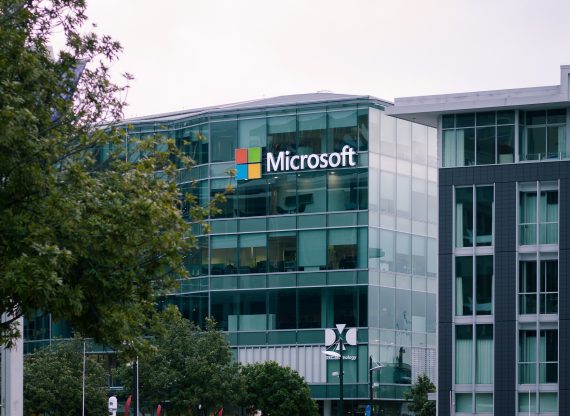Microsoft vendetta hurts consumers

After imposing fines of nearly 500-million ($720.2-million) on Microsoft Corp. in March, 2004, the European Commission has levied another huge fine of 280.5-million against the company. The commission says this new fine should lead Microsoft to comply with the 2004 ruling favouring competition between software publishers and benefiting consumers. Far from being beneficial, however, this ruling could rebound against PC users, who face the risk that future software and other products may cost more and provide less.
The fine, announced July 12, is intended to punish the U.S.-based company for its failure to abide by some of the demands set out in the 2004 ruling, in particular the requirement to provide “complete and accurate” information on Windows interoperability with software from competing publishers. Because of the subjective nature of what constitutes “complete and accurate” information, it is obviously very difficult to know whether Microsoft has complied with this demand. What may seem accurate and complete to some people may look different to others. It is a matter of nuance, nothing like the “clear principle” claimed by Competition Commissioner Mario Monti when the commission issued its 2004 ruling.
But that is not the most serious part. What really matters are the consequences of this obsession with Microsoft.
First, there is a factor largely ignored in public debate, namely that the requirement for a company to disclose information on its products really has nothing to do with a principle favouring “free competition.” On the contrary, such competition relies on and requires a strict respect for property rights. The commission’s demand that valuable information be disclosed clearly violates this basic principle. From an economic standpoint, it is as if the 2004 ruling had “nationalized” part of the operating system owned by Microsoft. The company is required to devote resources to informing and assisting its competitors. The new fine simply aggravates matters.
Second, it is normal for the provider of an operating system to have a competitive advantage in developing programs compatible with it. This advantage certainly makes things more difficult for competing publishers of software, including free software, but it does not block competition resulting from the existence of competing operating systems.
This advantage does not stop consumers from choosing other operating systems or prohibit Microsoft’s competitors from offering such systems and gaining market share from the American giant. If most PCs around the world continue to run on Windows, this is because consumers still prefer it to the other operating systems that are available. The day this no longer applies, opportunities will arise that Microsoft’s competitors will clearly not hesitate to take advantage of. This is the very dynamic of competition.
Instead, it is the commission’s intervention in artificially limiting Microsoft’s advantage that runs against this dynamic. Paradoxically, the commission is reducing competitors’ interest in providing complete operating systems that can replace Windows. If competitors expect to be weighed down by trials and fines like their rival, they will certainly be less inclined to invest in developing and marketing a new operating system that could displace the Microsoft system.
Finally, the restrictions and penalties the European authorities have imposed on Microsoft will affect consumers, who will have to pay higher prices, accept poorer products, and put up with delays in the release of new products. The resources required by Microsoft to comply with the commission’s ruling and to pay the fines obviously cannot be applied to investing in R&D or improving existing products. For example, Microsoft employs a team of 300 persons whose work consists solely of providing information demanded by the commission. These are people who cannot be employed in other Microsoft divisions to benefit consumers. It is not impossible that Microsoft’s new Vista operating system may also be delayed by issues linked to the European Commission’s zeal.
This will all end up penalizing individuals and companies in Europe, along with their competitiveness. It may be time to question the very principles of European antitrust policy used to justify these attacks on Microsoft.
Valentin Petkantchin is a researcher at France’s Institut economique Molinari and an associate researcher at the Montreal Economic Institute.

